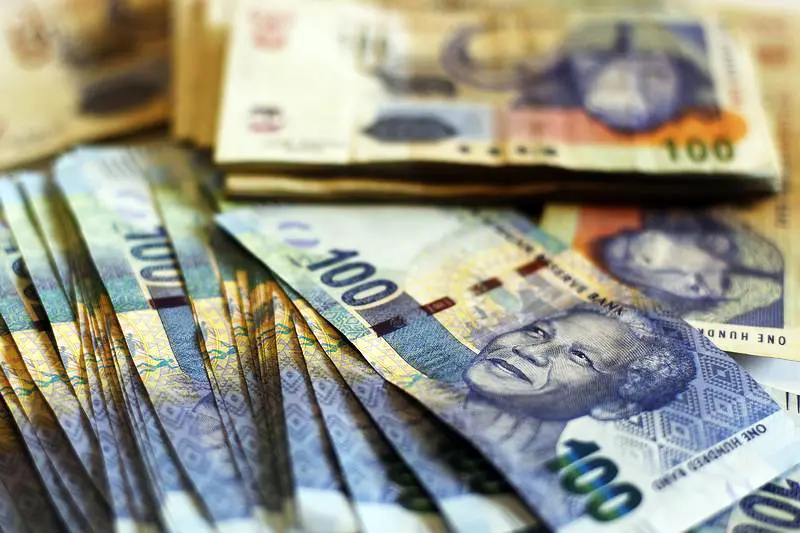PHOTO
JOHANNESBURG - South Africa's rand dropped on Monday, as soft economic data in the country's largest trading partner China prompted investors to sell riskier assets.
Economic growth in China hit its slowest pace in a year in the third quarter, hurt by power shortages, supply chain bottlenecks and major wobbles in the property market.
However, Deutsche Bank recommended buying South African local bonds, saying central bank rate hikes were well priced in, a rise in domestic inflation was not extreme compared to emerging market (EM) peers and that rand bonds looked cheap.
At 1320 GMT, the rand traded at 14.7650 against the dollar, roughly 1.1% weaker on the day.
The U.S. dollar was up 0.1% against a basket of currencies, supported by rising Treasury yields and moving back towards a one-year high hit last week.
Deutsche Bank's move to "overweight" on South Africa fixed income follows a recommendation from JPMorgan to take profit on its "underweight" rand idea from last month.
"The key idiosyncratic factors that drove our bearish call on ZAR have all corrected to neutral levels," JPMorgan said, citing a shift in its EM foreign-currency risk appetite index and a realignment in the country's terms of trade.
This week, South Africa's domestic data calendar is light, with the September consumer price index on Wednesday likely to attract most attention.
Government bonds were weaker on Monday, with the yield on the 2030 bond rising 9.5 basis points to 9.505%. The Top-40 .JTOPI index on the Johannesburg Stock Exchange was down around 0.4%, in line with falls on global equities markets.
(Reporting by Alexander Winning; Editing by Alison Williams and Shailesh Kuber) ((alexander.winning@tr.com; +27 10 346 1076))





















